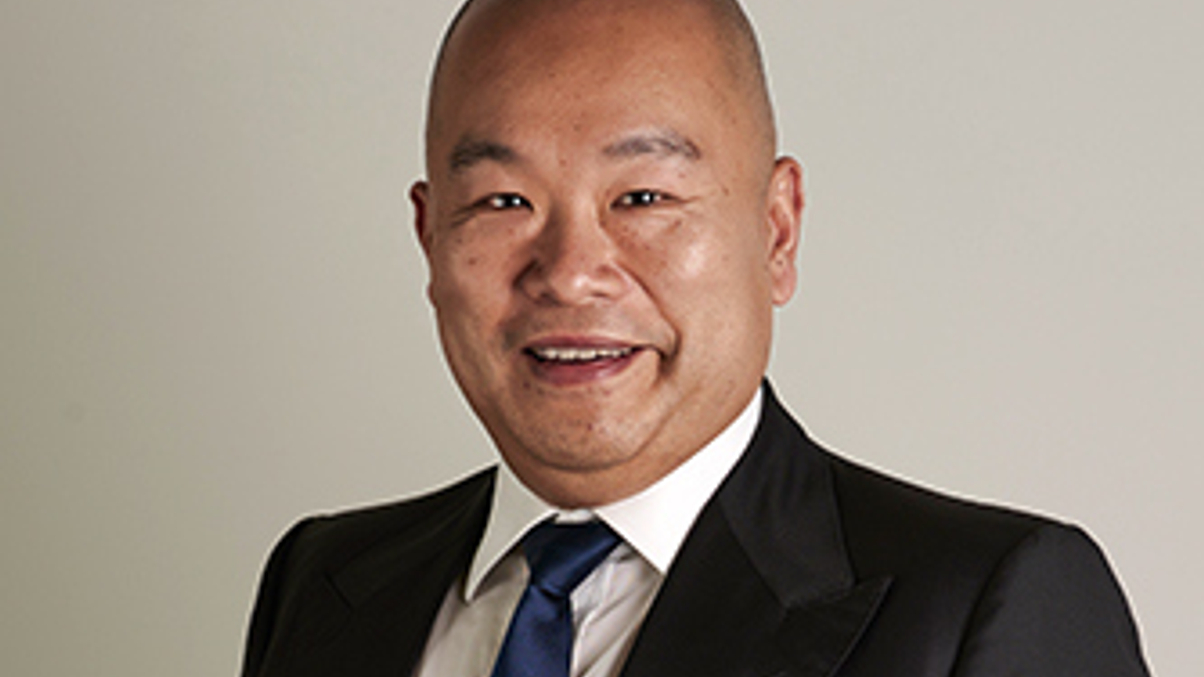How and why Bordier deploys funds
Bryan Goh, the Swiss private bank's Singapore chief investment officer, talks AsianInvestor through the firm's use of investment products.

Swiss private bank Bordier & Cie is a relative newcomer in Asia, having set up in Singapore about five years ago. The firm has discretionary, advisory and transactional businesses, which each make up a third of overall assets under management, and does not take commissions from fund managers and product providers.
Sign in to read on!
Registered users get 2 free articles in 30 days.
Subscribers have full unlimited access to AsianInvestor
Not signed up? New users get 2 free articles per month, plus a 7-day unlimited free trial.
¬ Haymarket Media Limited. All rights reserved.


